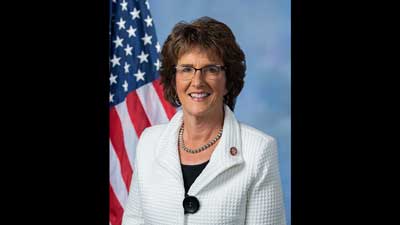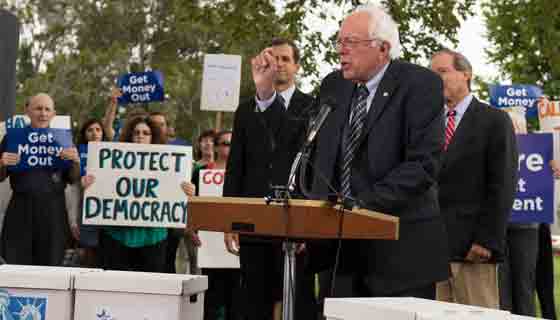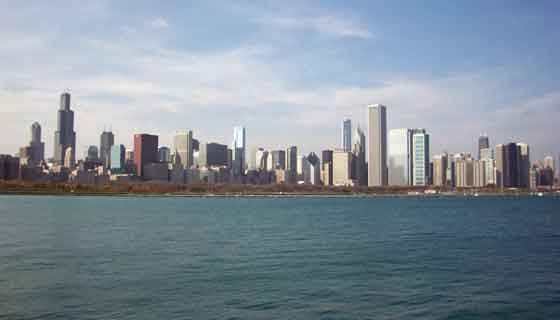Chicago will soon be the largest city in America with a minimum wage of $13 an hour or more.
The Chicago City Council today passed a minimum wage ordinance that will gradually raise the minimum wage from $8.25 to $13 in 2019.
The city’s minimum wage will increase to $10 an hour on July 1. Hikes of 50 cents will go into effect in 2016 and 2017, followed with increases of $1 in 2018 and 2019. Increases after that will be either 2.5 percent or the rate of inflation, with the lower percent taking effect each year. The ordinance specifically would freeze cost-of-living increases if the unemployment rate exceeds 8.5 percent.
The increase is just the latest in a string of minimum wage increase victories for low income workers in cities such as Seattle. Voters approved a minimum wage increase in San Francisco to $15, while Republican-leaning states such as Alaska, Arkansas, Nebraska, and South Dakota all saw voters overwhelmingly back minimum wage increases in the November 2014 elections.
Statewide efforts to pass a minimum wage increase stalled in 2014 amid pressure from business groups. Governor-elect Bruce Rauner has said that he opposes Chicago’s increase and would oppose a statewide increase without a change in unrelated measures, such as tort reform and tax code changes. Rauner has said in the past that he opposes any minimum wage at all.
68 percent of Illinois voters supported a non-binding referendum that called for the state’s minimum wage to be increased to $10 an hour by January 2015.
Business groups are looking at potential legal challenges to overturn the Chicago measure.
“There’s a question out there about whether the city has the authority to implement its own minimum wage set and apart from the state. I don’t know that that question has necessarily been answered by the courts yet. And it’s certainly worth looking into,’ said Tanya Triche of the Illinois Retail Merchants Association.
Chicago is one of many large cities with “home rule” authority, which grant a certain amount of autonomy to cities, allowing them to pass laws in a similar fashion to a state government. Cities without home rule are generally bound by state statute as to what they can legislate.
The 44-5 vote comes just two months before primary elections in Illinois in which Mayor Rahm Emanuel and members of the city council will have to face voters.
Emanuel is being targeted as a Wall Street friendly politician from his two chief opponents, Alderman Bob Fioretti and Cook County Commissioner Jesus “Chuy” Garcia.
Garcia has emerged as the leading progressive challenger to Emanuel, earning the endorsements of county clerk David Orr and CTU leader Karen Lewis, who herself was considered a leading challenger to Emanuel prior to a cancer diagnosis.
Chicago’s minimum wage will be considerably higher than the one in Indiana, which currently sets its rate at the federal minimum wage of $7.25. The federal minimum wage has not increased since 2009. There is little chance of an increase either on a federal level with Republican control of Congress, or in Indiana. The 2014 elections saw Republicans gain seats in the Indiana legislature.
————











